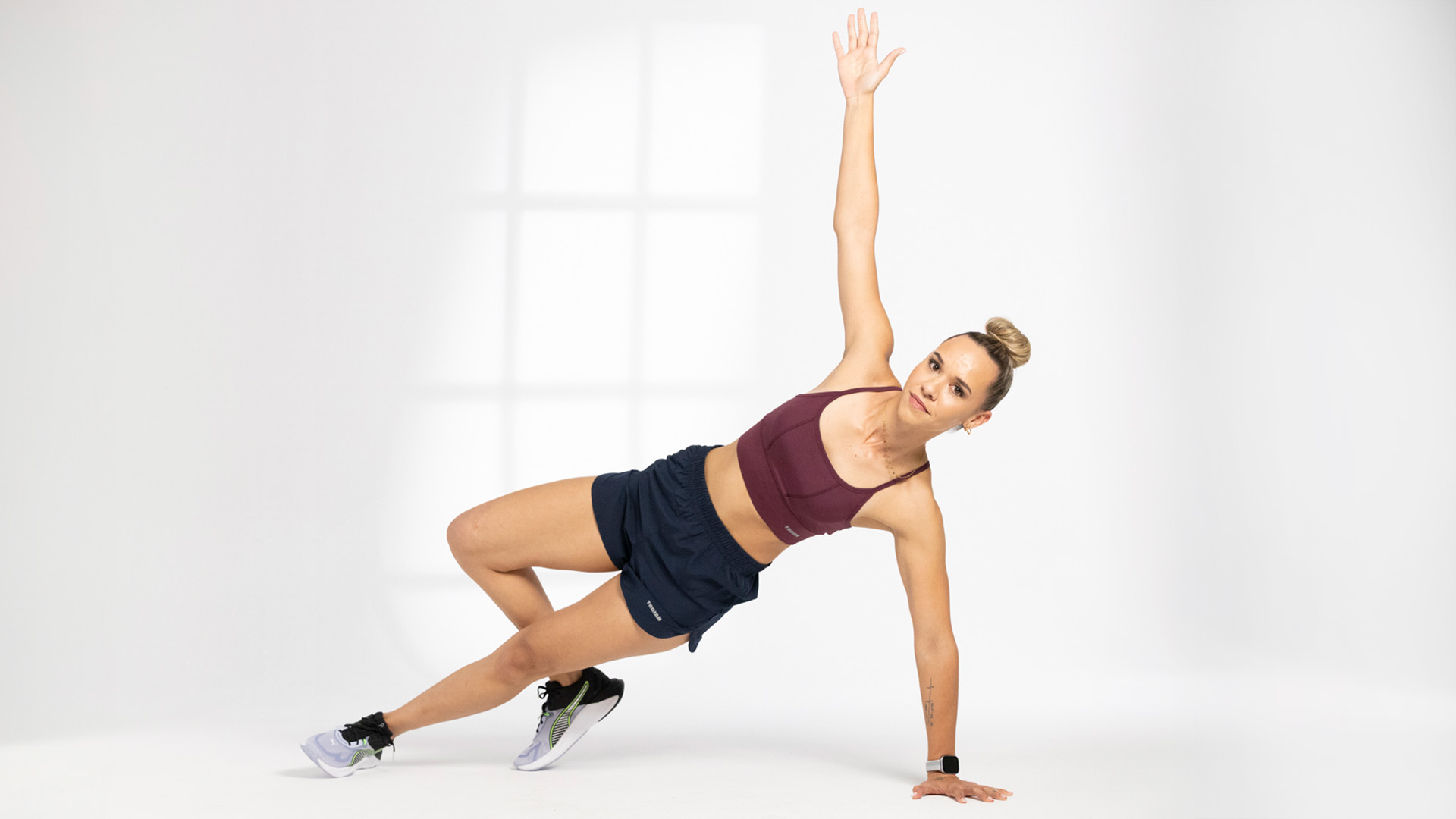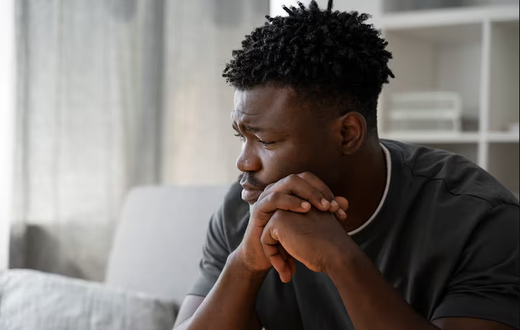Across Nigeria and West Africa, the pursuit of a balanced, healthy lifestyle is more than just a trend—it’s an ongoing journey unique to each person, yet connected by shared challenges and hopes. For many young professionals, juggling multiple roles, continuing education, and maintaining personal wellness can seem daunting. Jizelle Kotze, a 28-year-old qualified teacher turned trainer and wellness coach based in Richards Bay, South Africa, offers an inspiring story that resonates deeply with those striving to prioritise their well-being amidst a busy life.
According to Jizelle, her journey did not start out balanced or healthy. Despite being a qualified educator and spending several years coaching while simultaneously training online, she admits to grappling with negative relationships with food and body image early on. Like many Nigerians and West Africans influenced by global beauty standards, Jizelle reportedly once equated fitness success with having an extremely lean or muscular body, leading her to adopt extreme dietary restrictions. Such struggles are not uncommon locally, with surveys by the UNICEF Nigeria Nutrition Programme documenting growing cases of young people—especially women—facing body image issues linked to social media trends and misinformation about health.
Jizelle’s Transformation: From Starvation Mindset to Nourishing Her Body
Jizelle describes her former mindset as that of “eating nothing”—believing that the less she ate, the closer she would get to her dream physique. She says, “I viewed food as something to be restricted in order to reach my goals.” This phase left her feeling weak and unfulfilled, a sentiment reflected among many African youths striving to mirror unrealistic fitness ideals seen online or in the media. “In that period, I was just a skinny, fragile girl who thought the fitness world was about being shredded and muscular,” Jizelle recalls.
Her turning point came after connecting with a nutrition coach. The experience reportedly taught her how to use food as a source of fuel rather than an enemy to be feared. Jizelle discovered that sustainable progress is about learning and evolution, not deprivation: “The most significant lesson I learned is that everything takes time, and you should never stop learning.” This approach of gradual, informed change is echoed by Lagos-based wellness expert Dr. Adeola Oyinlola, who notes, “Quick fixes and starvation diets often fail. Instead, Africans should prioritise education and progressive lifestyle improvements for lasting wellness.”
Shifting Perspectives: Health as Daily Consistency
Over the years, Jizelle came to embrace a broader understanding of health and fitness. No longer obsessing over muscle definition or comparisons, she acknowledges, “Everyone is on their unique journey with their own goals and physiques.” This realisation could benefit many in Nigeria and Ghana, where comparison culture—driven by social media and societal expectations—often derails authentic self-improvement. Rather than strive for perfection, Jizelle advocates for daily movement, regardless of intensity. “For the past 12 years, I have had a non-negotiable rule: even if I don’t feel like following the programme, I will still do something—anything—as long as it lasts longer than 30 minutes.”
This attitude is highly relevant across West Africa, where time constraints, harsh weather, and lack of accessible gyms challenge many to stick to rigid routines. Experts suggest focusing on flexibility and forming positive habits, such as regular walks, stretching, or simple home workouts—making fitness more inclusive, regardless of resources or schedules.
Embracing Challenge: Cardio, Strength, and Setting Personal Goals
As someone with an athletic background, Jizelle relishes new ways to push herself. She expresses enthusiasm for events like Hyrox—an international fitness competition combining running and functional workouts—while simultaneously honing her strength. “There’s something invigorating about loading that bar for hip thrusts exceeding a person’s weight that really gets me back in the right mood,” she shares. Across Nigeria, fitness enthusiasts are increasingly embracing competitions such as the Lagos City Marathon or local bodybuilding shows, showing that challenging oneself does not always require access to world-class facilities—creativity and drive are just as important.
According to local coaches, mixing cardio and strength training not only boosts physical health but also helps combat burnout and mental fatigue—a pressing concern in urban West Africa, where academic and economic pressures can take a toll.
Off-The-Cuff with Jizelle Kotze: Quick Takes on Food, Wellness, and Gear
Her Take on “Cheat Meals”
Jizelle challenges the notion of labelling certain foods as “cheats” or “bad,” an idea that persists in many local diets. “I don’t label my meals; I eat whatever I feel like all the time. However, a flat white from Seattle paired with a chocolate croissant from the nearby Engen garage is a delightful little treat.” In context, adopting a guilt-free approach to traditional favourites—like moi moi, puff-puff, or Ghanaian waakye—can make healthy eating more sustainable for West Africans, as confirmed by registered dietitian Chinedu Nwankwo. “Balance is key. Completely avoiding favorite treats or local dishes can backfire, leading to unhealthy cycles,” Nwankwo explains.
Debunking a Wellness Myth
According to Jizelle, “Fasted cardio doesn’t lead to more fat loss compared to doing it after eating.” Local fitness analyst Ifeoma Okoye points out that many West Africans believe engaging in early morning exercise before breakfast accelerates weight loss. Yet, growing scientific studies referenced by the Nigerian Medical Association indicate that this effect is negligible—consistency remains far more important than timing.
Her Essential Fitness Tool
Asked about the one piece of equipment she can’t do without, Jizelle highlights, “An adjustable weight dumbbell set is a must-have.” For Nigerians working with limited space or budget, versatile equipment like dumbbells, resistance bands, or even everyday items like water bottles can provide effective home workouts, making fitness accessible beyond gym memberships.
Get To Know Jizelle
Across West Africa, stories like Jizelle’s are sparking a shift in the conversation around health—the move is toward embracing gradual progress, choosing positive habits, and respecting individual journeys. Nigerian health advocates are increasingly urging the public to question outdated wellness myths, avoid dangerous quick fixes, and seek mentorship or community support, as Jizelle did on her own path.

Her experience offers encouragement not only to fitness professionals but anyone seeking healthier routines amid Nigeria’s bustling cities or villages alike. More importantly, it demonstrates that every step forward—no matter how small—counts in the long run.
Is there a wellness habit you wish you started sooner, or have you found local substitutes for your favourite fitness routines? What’s your own experience juggling work, learning, and personal health? Drop a comment below and join the conversation! Don’t forget to engage with others and share this article with friends or family who might need a little inspiration to begin—or continue—their own health journey.
Got a personal journey, wellness tip, or inspiring transformation story to share? We’d love to help you get your story out!
Have a story you want to share or sell? Email us at story@nowahalazone.com to have your story featured or discuss story sales.
Stay part of the community by following us on Facebook, X (Twitter), and Instagram for daily updates and healthy living inspiration!
For general support, reach out at support@nowahalazone.com.
Join the conversation—share your own wellness experiences in the comments—and let’s build a healthier Nigeria and West Africa together!









